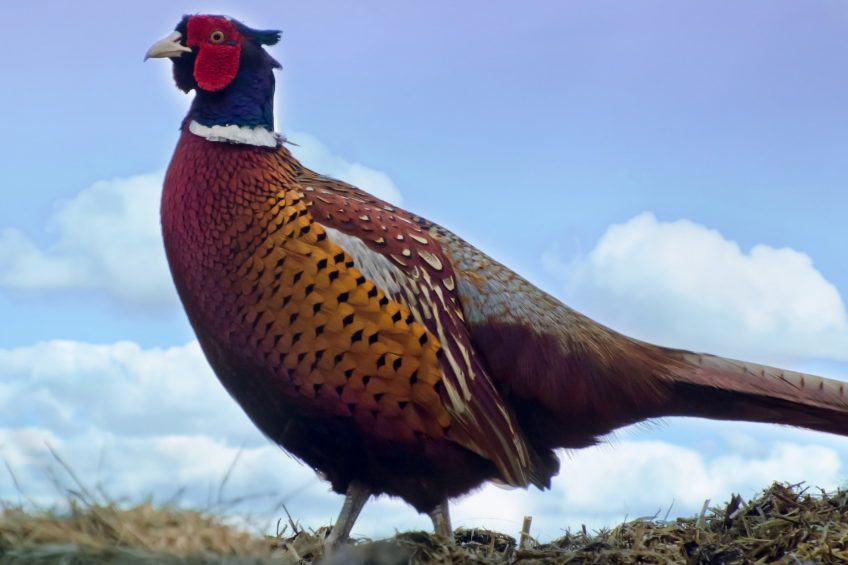Game bird sector should recover despite cull

The game bird sector should recover for the next shooting season despite the cull of 74,000 breeding stock to control H5N8 avian influenza, the Game Farmers Association has said.
Defra ordered the cull of 74,000 pheasants, partridge and ducks at one of the UK’s largest game bird breeding units at Wyre, Lancashire, at the end of January. H5N8 was first discovered at the site on 24 January and an initial cull of 10,000 birds was ordered.
Protection zone put in place
A 3-km protection zone and a 10-km surveillance zone was put in place around the infected unit to limit the risk of the disease spread.
2 more cases were confirmed on 27 and 30 January which saw a further 64,000 birds destroyed to contain the disease.
Estimates suggest that as many as 50,000 of the birds were females which could result in the loss of 1.5m birds for next year’s shooting campaign. That would equate to about 5% of the 35m farmed game birds in the UK.
Significant impact but industry will recover
GFA spokesman Charles Nodder said the loss would have a significant impact on numbers initially but the industry could recover. “We are at a very early stage in the game bird breeding cycle so there is a good opportunity to overcome the loss,” Mr Nodder said. “However, we don’t yet know how the current outbreak of H5N8 will develop,” he added.
And he warned producers to do everything they could to tighten biosecurity and follow advice issued jointly by game bird industry organisations.
The advice is available in pdf format.
Defra also has extensive guidelines on avian flu and what to do if a case is suspected.
The outbreak at Wyre brings the total number of cases to eight on farms and 16 cases in wild birds There have also been 16 cases detected in wild birds since the middle of December.
Restrictions and confirmed outbreaks
Since the current outbreak began in December 2016.
Restrictions remain in place at seven of the sites:
• Wyre, Lancashire (confirmed on 30 January 2017)
• Wyre, Lancashire (confirmed on 27 January 2017)
• Boston, Lincolnshire (confirmed on 26 January 2017)
• Wyre, Lancashire (confirmed on 24 January 2017)
• East Lindsey, Lincolnshire (confirmed on 16 January 2017)
• Settle, North Yorkshire (confirmed on 6 January 2017)
• Carmarthenshire, Wales (confirmed on 4 January 2017)
Nb Restrictions at a site in Louth, Lincolnshire (confirmed on 16 December), were lifted on 18 January.
None of the premises will be allowed to restock until after control zones are lifted and Defra operators have completed a disinfection programme.












